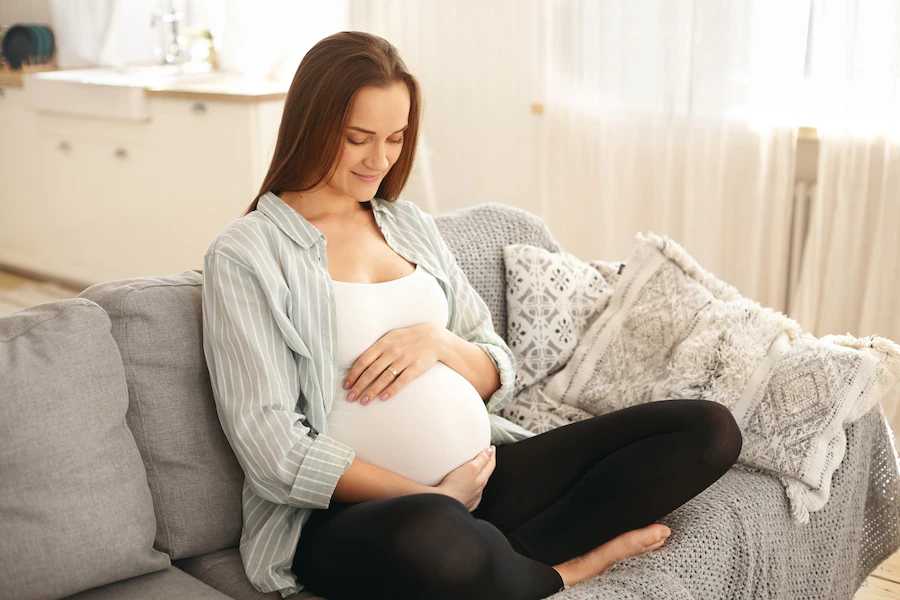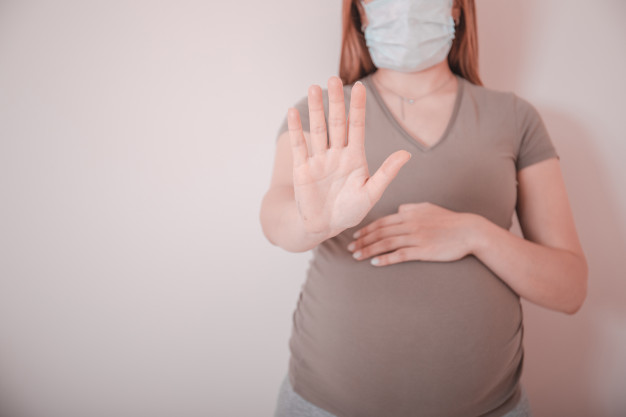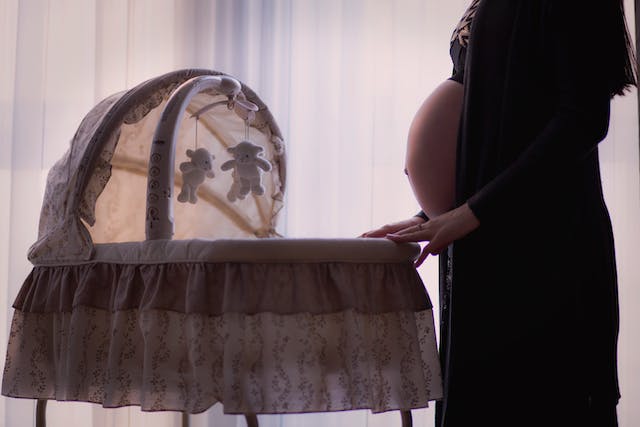The third trimester of your pregnancy is the final stage of your pregnancy. It lasts for 29 weeks (or months 7, 8, and 9) and lasts for 40 weeks (or months 7, 8, and 9). Your baby grows, develops, and begins to change position in preparation for birth during this trimester. You’re in the home stretch of your pregnancy now that you’ve reached the third trimester.
You can know when you are in the third trimester of your pregnancy journey by sampling and observing certain symptoms.
Here are the symptoms which you can look for whether you are in the third trimester of pregnancy or not –
- Braxton Hicks contractions – Braxton Hicks contractions are a cyclical tightening in your abdomen. They’re uterine contractions that happen before you give birth. They can help prepare the cervix for birth by toning the muscles in your uterus.
- Backaches – Because you’re carrying extra weight, your posture may shift. As a result, you may find yourself leaning to one side or the other, causing lower back or hip pain.
- Shortness of breath – Your uterus presses against your diaphragm throughout the third trimester of pregnancy. From its pre-pregnancy posture, the diaphragm is raised roughly 4 millimeters. As a result, your lungs are also a little suffocated. All of this means that you won’t be able to inhale as much air with each breath.
- Changes in mouth – When you brush or floss, your gums may become sore and swell or bleed. Your ligaments may relax due to hormonal changes, and the small ligaments that hold your teeth in place may also be affected. Your teeth may feel looser as a result.
- Urination – You may notice that you need to pee more frequently as you get closer to the end of your pregnancy. Your baby may strain on your bladder as she moves deeper into your pelvis. You might also notice that you leak a little when you laugh, sneeze, bend, or raise something.
- Swollen feet – Because of increased fluid retention, hormone changes, and weight gain, many pregnant women experience edema in their ankles and feet.
- Irritable skin or itchy skin – As your belly swells, your skin stretches and dries out, and you may suffer irritation and itchiness.
- Insomnia – Insomnia, or difficulty sleeping or staying asleep, is common in the first and third trimesters for various reasons. However, sleep becomes increasingly rare in your third trimester as your growing belly makes it difficult to get comfortable.
- Feeling full – You might notice that you can’t eat as much as you used to or that you have indigestion. This is because as your uterus grows larger, it pushes up against your stomach. This implies that there isn’t as much room for food. During pregnancy, the sphincter between your stomach and esophagus also doesn’t work as properly.
- Breast Pain – During pregnancy, sore breasts are typical. Hormonal changes are preparing them to feed your kid, so you might move up a cup size or two. Women who have smaller breasts may experience more pain than those who have larger breasts.
These are some of the changes and symptoms you might notice when you are entering the third trimester or have already entered the third trimester. It’s not only you who is experiencing changes; your baby is also seeing many developments, such as your baby starts growing hair and sometimes sheds it as well, but the Eyes of your baby also are wide open, etc.
![]()






